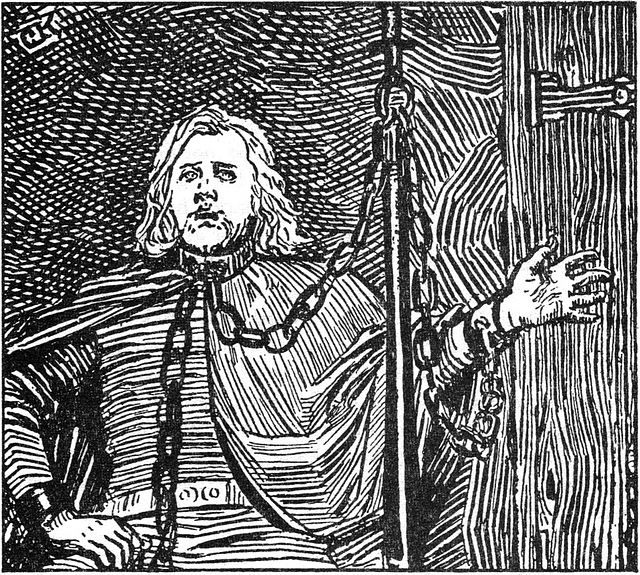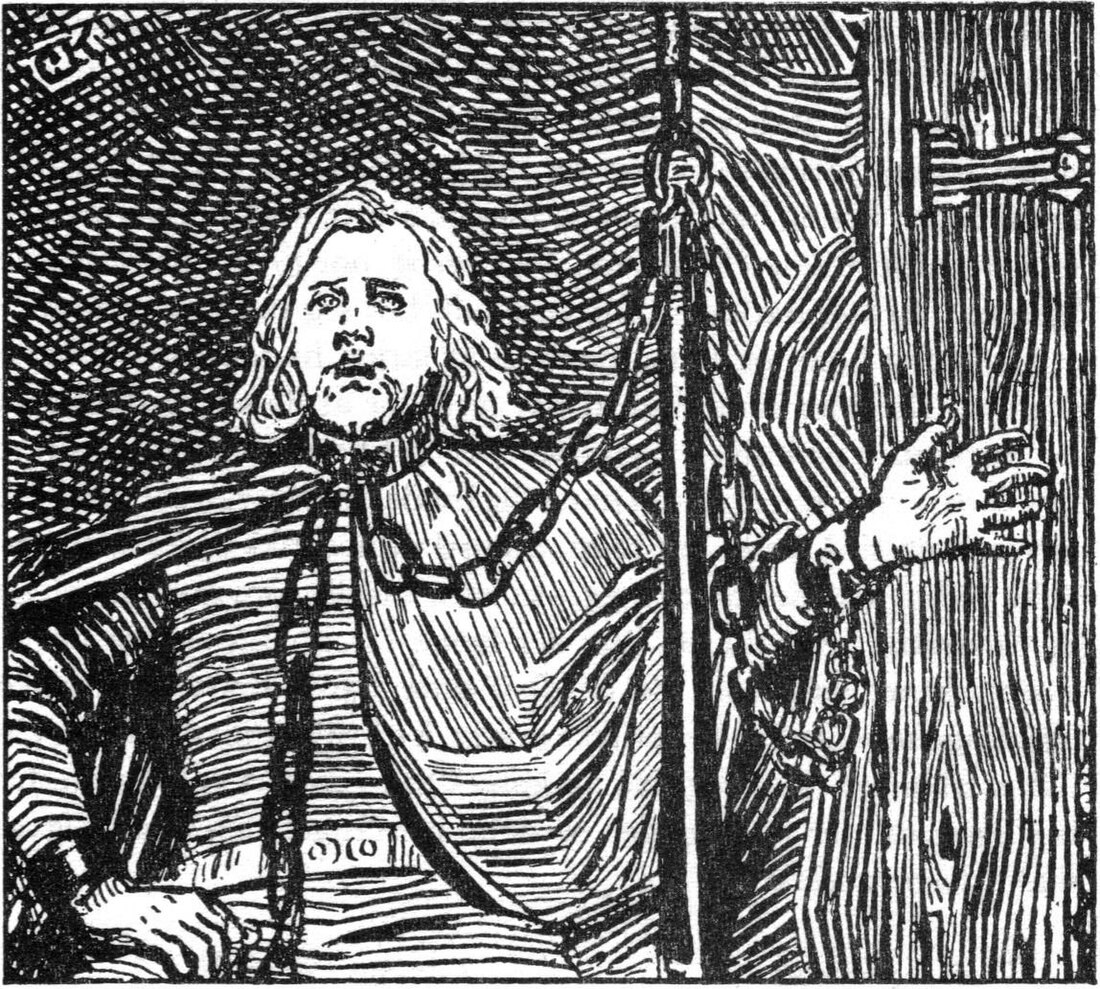Top Qs
Timeline
Chat
Perspective
Bersi Skáldtorfuson
Icelandic skald From Wikipedia, the free encyclopedia
Remove ads
Bersi Skáldtorfuson[1] was an Icelandic skald, active around the year 1000 CE. He was a court poet to Earl Sveinn Hákonarson. During the Battle of Nesjar he was captured by King Óláfr Haraldsson's forces. Three of the four stanzas of his that have survived were ostensibly composed while in captivity.

One lausavísa is attributed to Bersi in the surviving fragments of Óláfs saga helga by Styrmir Kárason. However, the same stanza is attributed to Sigvatr Þórðarson in Heimskringla and to Óttarr svarti in other sagas on St. Óláfr.[2] Styrmir's saga gives some information on Bersi's career in St. Óláfr's service and indicates that he died in 1030.
Bersi was at some point at the court of King Canute the Great where Sigvatr Þórðarson addressed him in verse after they had both received gifts from the king.[3] Apart from being mentioned in the kings' sagas, Bersi also has a minor role in Grettis saga, chapters 15, 23 and 24, where he asks Earl Sveinn to spare Grettir Ásmundarson's life.[4]
Bersi's mother, Skáld-Torfa, was apparently also a poet but none of her works have survived.
Remove ads
Poetry
Summarize
Perspective
Bersi Skáldtorfuson: "Flokkr um Óláf" 1-3:
|
|
|
Remove ads
See also
References
Wikiwand - on
Seamless Wikipedia browsing. On steroids.
Remove ads
